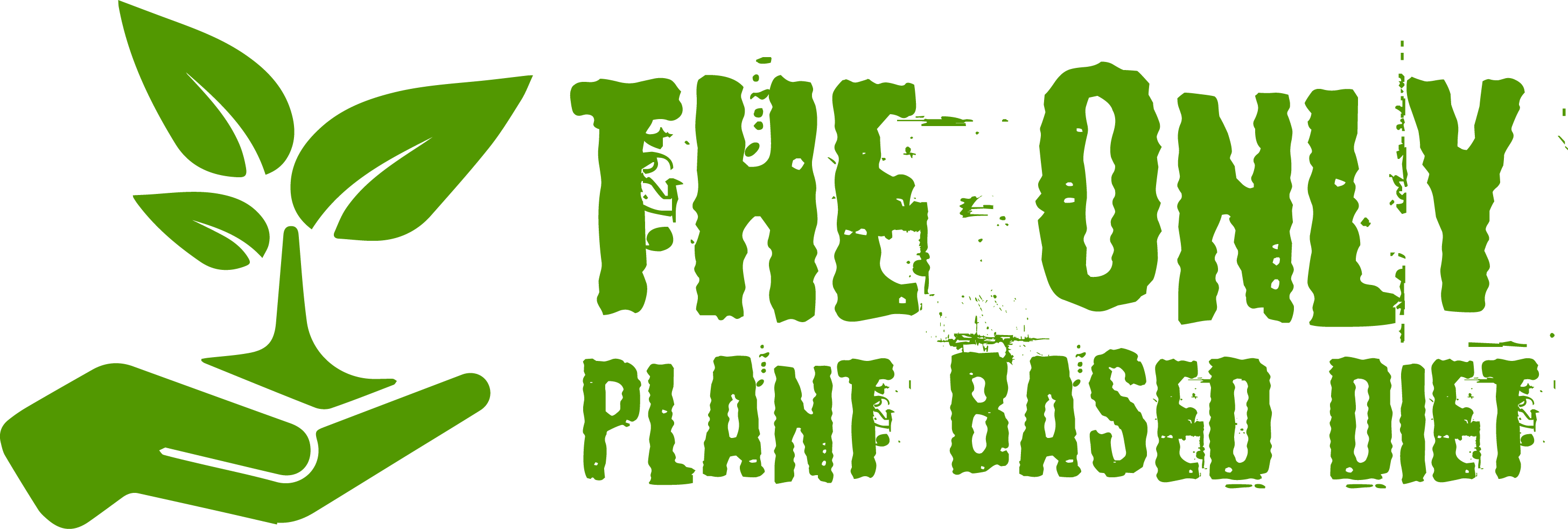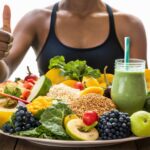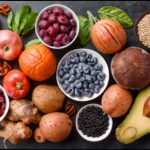Embarking on a vegan journey is not just about subtracting meat and dairy from your diet; it’s about embracing a cornucopia of wholesome, plant-based foods that nourish and revitalize your body. Whether you’re a seasoned vegan or new to this lifestyle, enriching your diet with plant-powered superfoods ensures you’re not just cutting out animal products, but also nurturing your body with essential nutrients.
The Powerhouse: Legumes
Legumes are a staple in vegan diets, and for good reason. They’re brimming with nutrients such as protein, iron, fiber, and vitamins that are crucial for everyone, not just vegans. Beans, lentils, and peas are all fantastic ways to get these nutrients. But there’s a catch – legumes also contain antinutrients that can hinder the absorption of these wonderful benefits.
Soaking and Sprouting
So, how do we combat these antinutrients? Simple methods like soaking, sprouting, and cooking can significantly diminish their levels, enhancing your body’s absorption capabilities. Plus, combining legumes with vitamin C-rich foods can skyrocket iron absorption. Who knew that beans and bell peppers could be the perfect duo?
Nuts And Seeds: Tiny Treasures of Health
Don’t be fooled by their size; nuts and seeds are the very definition of small but mighty. Packed with heart-healthy fats, protein, and an array of vitamins and minerals, they’re the perfect snack to keep you going. Almonds, walnuts, and chia seeds are just a few stars in this vast universe of nutritious delights.
Beyond the Nut: Nut Butters
And let’s not forget their creamy, delicious, and equally nutritious counterparts – nut butters. Almond butter, cashew butter, and even sunflower seed butter can offer a new dimension of texture and flavor to your meals, all while keeping that nutritional profile high.
Soybean Delights: Tofu and Tempeh
When it comes to plant-based protein, tofu and tempeh are veterans. These soybean products are not only versatile in recipes but also boast a hefty nutritional composition. From stir-fries to burgers, they have become beloved meat substitutes for vegans and non-vegans alike.
The Magic of Fermentation
Fermentation is a game-changer here, reducing antinutrients and sometimes even introducing vitamin B12, a rare find in plant-based foods. The process enhances both the digestibility and absorption of nutrients, making tempeh a superstar in vegan cuisine.
Plant-Based Milks: Not Just a Substitute
Gone are the days when plant-based milk was just a lactose-free alternative. Today, these milks are fortified with calcium, vitamins D and B12, and more, rivaling their dairy counterparts in nutritional value. Almond, soy, oat, or rice – the choice is yours.
Choosing the Right One
However, keep an eye on the label! Opt for unsweetened versions to steer clear of added sugars. Whether you’re pouring it over cereal or blending it into a smoothie, plant-based milk can be a nutritious addition to your diet.
Nutrients That You Cannot Get From Plant-Based Foods
Seaweed: The Underwater Superfood
Often overlooked, seaweed is a nutritional powerhouse. It’s one of the few plant sources of omega-3 fatty acids and offers a unique blend of minerals and vitamins. Incorporating seaweed into your diet can provide iodine, a nutrient often lacking in vegan diets.
Spirulina and Chlorella
Specific algae like spirulina and chlorella deserve a special mention. These complete proteins are rich in both omega-3s and essential micronutrients, making them a smart supplement for anyone looking to boost their nutritional intake.
Balancing Your Vegan Diet
While all these foods can enrich your vegan lifestyle, it’s essential to maintain a balance. A diverse diet that includes a range of fruits, vegetables, grains, and protein sources is the key to obtaining all necessary nutrients.
Supplements to Consider
Even with the most planned diet, you might find gaps. Supplements like vitamin B12, vitamin D, and iodine are often recommended for vegans to ensure they’re meeting all their nutritional needs.
Adopting a vegan diet doesn’t mean compromising on nutrition. By including a variety of these plant-based superfoods, you can enjoy a vibrant, nutrient-dense diet that supports your health and the planet. It’s about making informed and conscious choices that contribute to a healthier you and a happier environment.
FAQs
Can I get enough protein from a vegan diet?
Absolutely! Foods like legumes, nuts, seeds, and tofu are excellent sources of plant-based protein.
Do all vegans need B12 supplements?
Since B12 is primarily found in animal products, it’s recommended that vegans take a B12 supplement or consume fortified foods.
Are plant-based milks nutritious enough?
Yes, especially when they’re fortified with vitamins and minerals like calcium and vitamin D.
Is seaweed safe for everyone?
While seaweed is highly nutritious, it’s high in iodine, so those with thyroid issues should consume it in moderation and consult with a healthcare provider.







